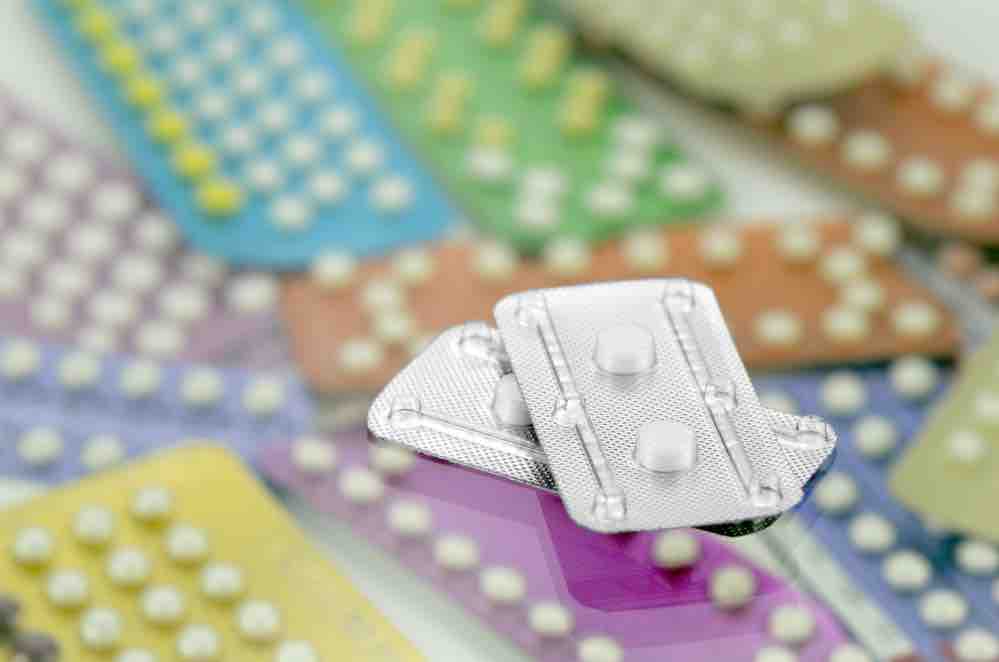Sexually transmitted infections (STIs) are a major public health concern worldwide. Despite the widespread availability of preventive measures like condoms, STI rates continue to rise, with the World Health Organization reporting an estimated 376 million new cases of curable STIs (such as chlamydia, gonorrhea, and syphilis) each year.
However, recent developments in the field of STI prevention have given rise to a new tool in the fight against rising STI rates: the post-sex pill.
What is a Post-Sex Pill?
Also known as post-exposure prophylaxis (PEP), post-sex pills are medications that can be taken after unprotected sexual contact to reduce the risk of contracting an STI. While PEP has been used for decades as a preventive measure for HIV, recent studies have shown that it can also be effective in reducing the risk of other STIs.
The post-sex pill contains a combination of antibiotics and antiviral medications, which work to prevent the infection from taking hold in the body. However, it is important to note that the post-sex pill is not a substitute for safe sex practices like condom use, which remain the most effective way to prevent STI transmission.
How Effective is the Post-Sex Pill?
While research on the efficacy of post-sex pills for STI prevention is still in its early stages, initial studies have shown promising results. In one study, participants who took a post-sex pill after a high-risk sexual encounter had a 50% lower risk of contracting an STI compared to those who did not take the pill.
Another study found that post-sex pills were effective in reducing the risk of chlamydia and gonorrhea infections in men who have sex with men (MSM). Among MSM who reported condomless anal sex, those who took a post-sex pill had a 25% lower risk of contracting chlamydia or gonorrhea compared to those who did not take the pill.
While more research is needed to fully understand the effectiveness of post-sex pills for STI prevention, these early studies suggest that they could be a valuable tool in the fight against rising STI rates.
Are There any Side Effects?
Like all medications, post-sex pills can have side effects. The most common side effects include nausea, diarrhea, and headache. However, these side effects are usually mild and temporary, and most people are able to tolerate the medication without issue.
It is important to note that post-sex pills should only be taken under the guidance of a healthcare provider, who can provide advice on the appropriate use of the medication and monitor for any potential side effects.
The Bottom Line
While post-sex pills are not a substitute for safe sex practices like condom use, they could be a valuable tool in the fight against rising STI rates. With further research and development, post-sex pills could provide an additional layer of protection for individuals at high risk of STI transmission, helping to reduce the spread of these infections and improve public health outcomes.












